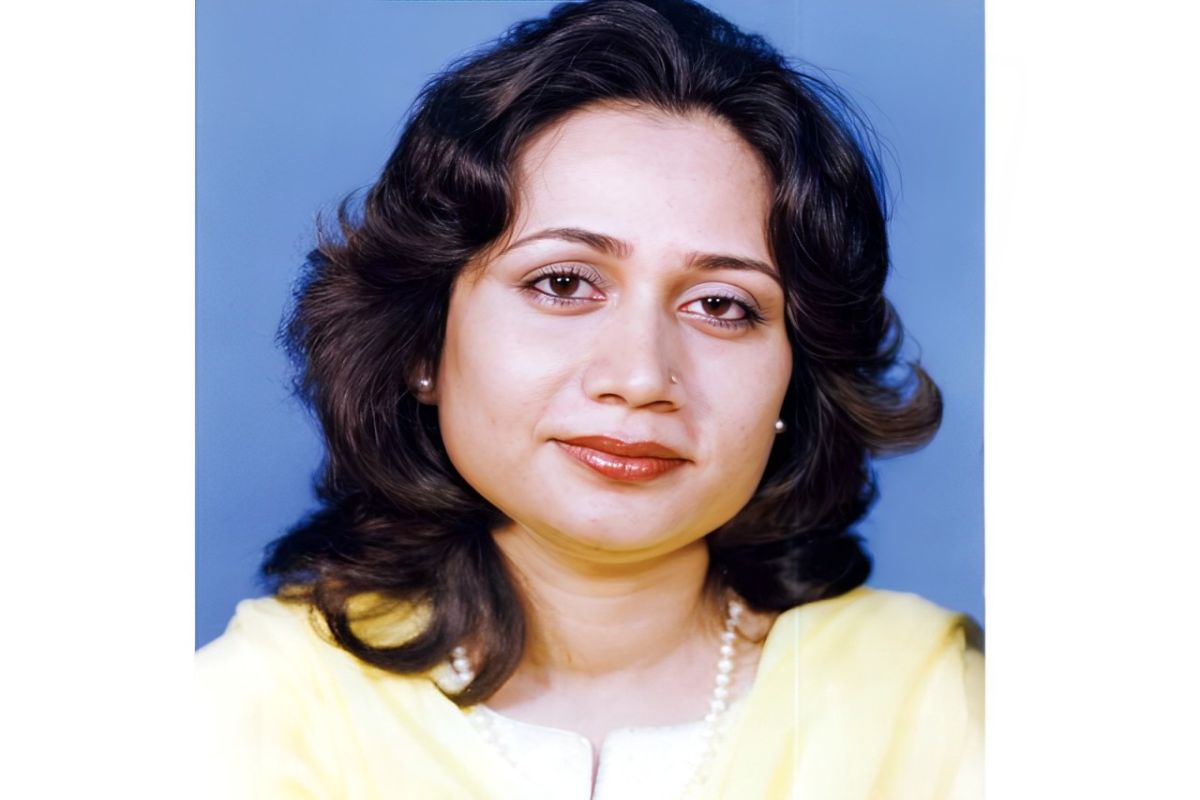Parveen Shakir, a Pakistani Muslim poet, beautifully incorporated Hindu themes and imagery in her Urdu poetry, challenging cultural and religious boundaries. Despite Pakistan’s perceived evolution away from non-Muslim voices, Shakir’s work from the late 1980s and early 1990s is rich with Hindu metaphors and allusions.
In her poem “Salma Krishna,” Shakir uses the love story of Radha and Krishna to illustrate that love transcends religious identity. She writes, “Tu hai Radha apne Krishan ki, Tera koi bhi hota naam” (You are Radha of your Krishna, no matter what your name is). This powerful imagery speaks to the universality of love, regardless of faith or culture.
Devotion to the Ganges and Krishna
Shakir’s poem “Ganga Se” (To the Ganges) showcases her reverence for the river Ganges, a sacred entity in Hinduism. She describes how Muslims, coming from Arab lands, found shelter and thrived along the Ganges. The poet even adopts the language of a devotee, praying to the river goddess.
In “Shaam! Main teri gayya charaaun” (Shyam! I will graze your cows), Shakir assumes the role of a devotee to Lord Krishna. She vividly describes scenes from Krishna’s life and the emotions of his devotees, demonstrating her deep understanding and appreciation of Hindu mythology.
Syncretism in the Face of Adversity
Shakir’s use of Hindu imagery became more prevalent after the Zia-ul-Haq regime, known for its Islamisation drive. By incorporating these elements, she subtly resisted cultural homogenisation and celebrated the syncretic traditions of the Indian subcontinent.
Her poetry often draws from the Hindu culture in Bihar, the state her parents migrated from after the 1947 partition. In poems like “Bulava” (Invitation), she uses temple imagery, bells, and Hindu devotional practices to express complex emotions and ideas.
Parveen Shakir’s work stands as a testament to the power of literature in transcending geographical, cultural, and religious boundaries. Her poetry serves as a bridge between cultures, reminding us of the shared heritage and human experiences that unite us all.
For detailed story, please visit: Awaz the voice
Also Read: The Sacred Pause: Lord Jagannath’s Rath Yatra and the Mazar of Salabega
You can connect with DNN24 on Facebook, Twitter, and Instagram and subscribe to our YouTube channel.

